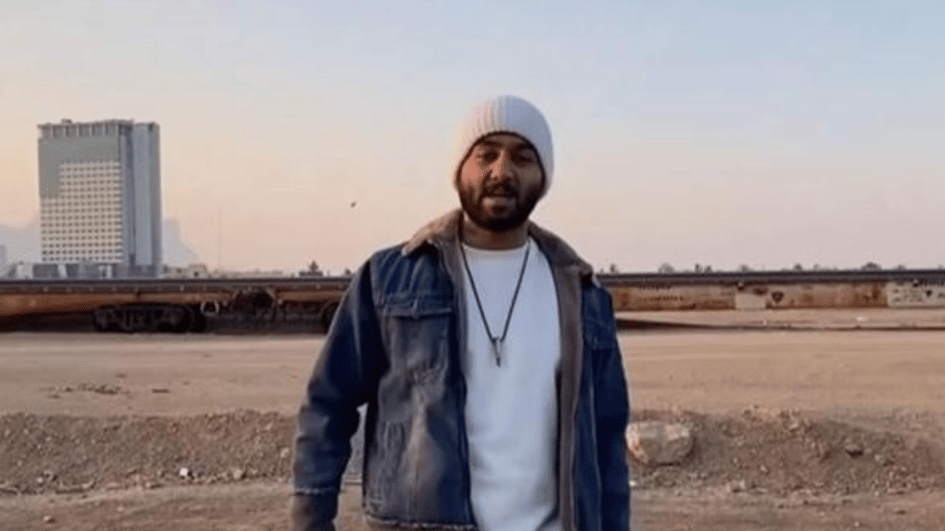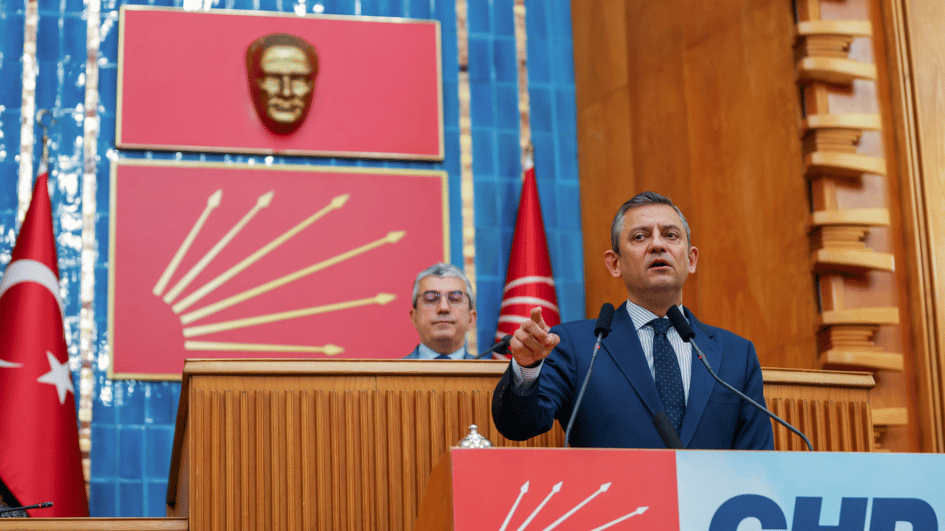The rotten state of the Turkish media
There is a new kid on Turkey’s English-language daily block. Probably feeling that the Hürriyet Daily News and the Fethullah Gülen-affiliated Today’s Zaman were spreading too much truth on the graft scandal, pro-government daily Sabah launched Daily Sabah (no pun intended) on Feb. 24.
Actually, pro-government seems to be an understatement in light of recent events. Leaked phone conversations, which were summarized in an excellent Bloomberg article, reveal how Prime Minister Recep Tayyip Erdoğan has become, in the words of one of the authors, Turkey’s top media boss.
When Sabah’s previous owners, who had bought the paper at Erdoğan’s request in the first place, wanted to sell, he did all the work for them. Not only did he discourage News Corp. and Time Warner, he found a crony willing to buy the paper who had one small problem: He did not have all the cash. Erdoğan called out to all the businessmen close to him, each of whom contributed to a “pool.” Problem solved!
For the papers he has not bought, Erdoğan has resorted to intimidation, as detailed in a recent report by Freedom House. According to Reporters Without Borders, Turkey kept its title as the world’s biggest prison for journalists in 2014, ranking 154th out of 180 countries in the NGO’s press freedom index.
As for the media bosses, they are facing asymmetric payoffs, as Burgan Bank economist Mert Yıldız noted in his personal blog on Feb. 15: “The reward for supporting the government could be business contracts but the punishment for not supporting it is NOT ‘no contracts;’ it is getting tax fines and possibly facing bankruptcy.” No wonder there were mass firings during the Gezi protests.
When looked through this lens, the problem seems to be media owners’ other business interests. But this standard narrative forgets that Doğan Media Group, which owns this paper, was fined more than $3 billion in 2009 after its flagship Hürriyet exposed a major corruption scandal. The fact is the government could easily send the taxman to media companies and newspapers as well.
And as someone who owns a firm in Turkey, I can tell you that if they come, they will find something, thanks to unclear tax laws in conflict with each other. The Turkey CEO of a foreign bank made this same point at a conference last year, adding that his lawyers advised him to pay up with a 25 percent discount rather than start a legal process that would take five years or more – although he was sure they had done nothing wrong.
The IMF actually asked for a fully autonomous tax collector, which would have additional benefits as well, during the never-ending stand-by negotiations in 2009. “This is not possible,” Erdoğan said at the time. You can’t blame him for not wanting to give up his Damocles’ sword over businesses.
If you think it through a bit, you’ll probably figure out, as I did, that the rotten state of Turkish media is actually not because of the whip of the taxman, either. That is still one step below the “real” binding constraint.










